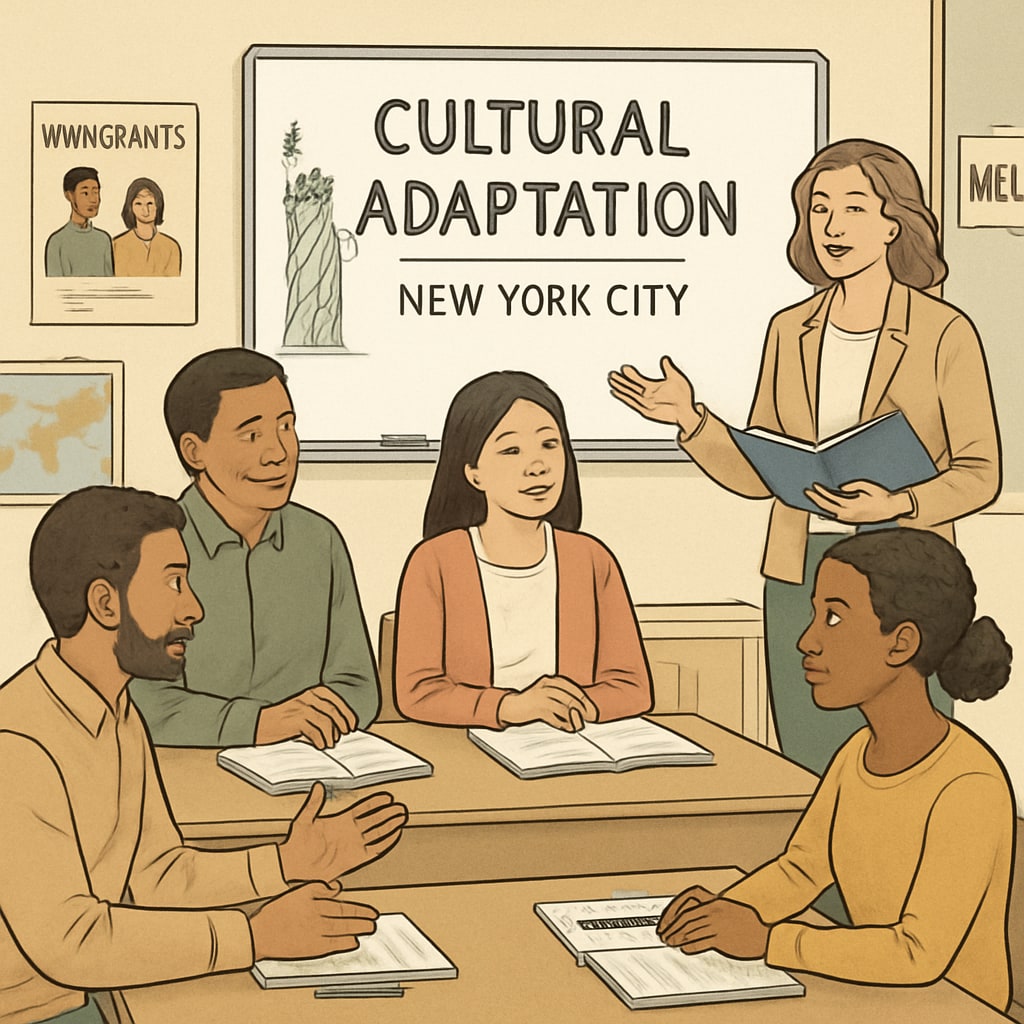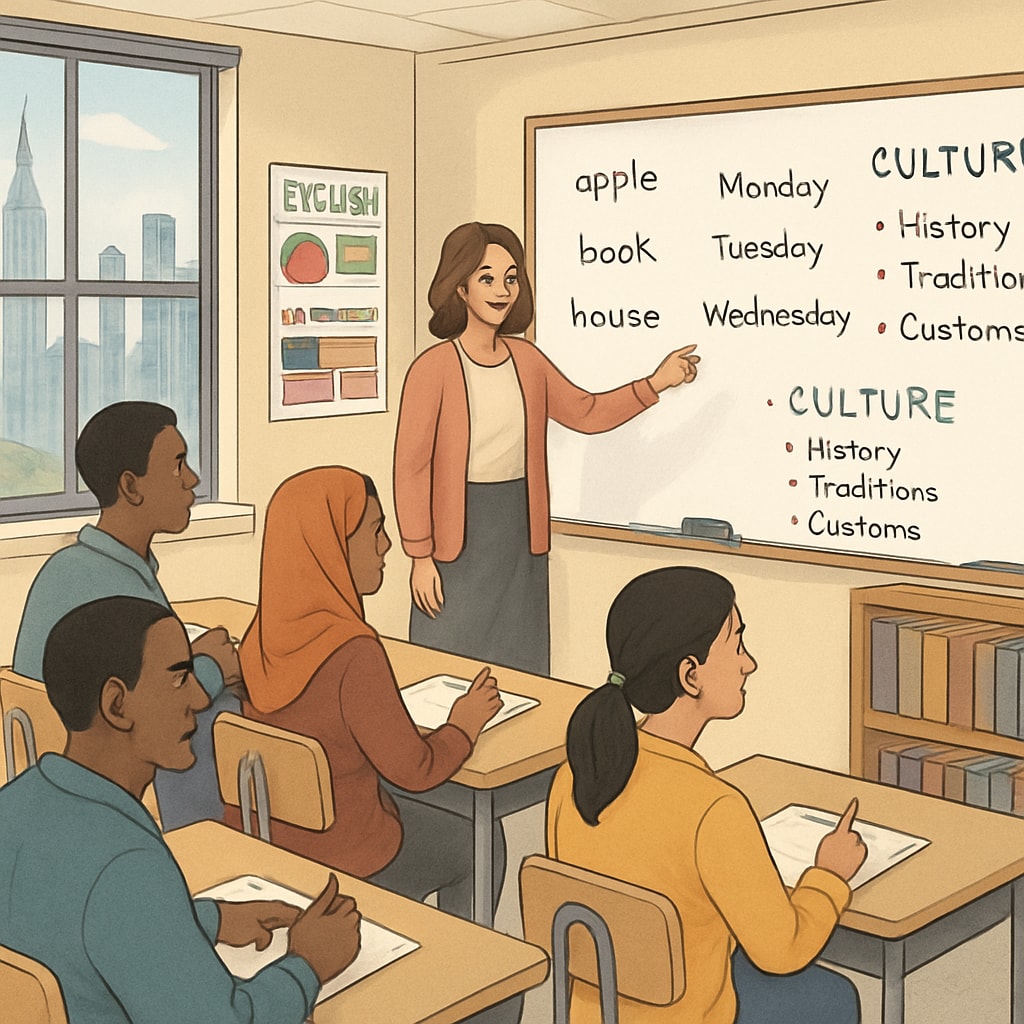For immigrant adults, navigating the challenges of cultural differences can be overwhelming. To address these difficulties, programs offering adult education, cultural adaptation, and basic knowledge have become critical resources in cities like New York. These initiatives help immigrants integrate into their new communities while fostering confidence and cultural understanding. By providing practical tools and educational frameworks, such programs serve as a bridge between diverse backgrounds and the Western cultural norms immigrants encounter.
Why Adult Education Matters for Immigrant Integration
Immigrant adults often face challenges in understanding social customs, language nuances, and cultural expectations. Adult education programs designed for cultural adaptation address these specific issues, offering tailored courses that include language skills, civic knowledge, and an introduction to Western cultural norms. For example, learning about workplace etiquette or public behavior can significantly impact their ability to find jobs and socialize effectively.
These programs also serve as a safe space for immigrants to explore differences without judgment. For instance, Britannica explains cultural adaptation as a process essential for social inclusion, showing how education can ease transitions.

NYC-Based Resources for Cultural Adaptation
New York City, as a global hub, offers an array of resources aimed at helping immigrant adults adapt to Western culture. Organizations like the International Rescue Committee (IRC) and the NYC Department of Education provide free or low-cost classes tailored to adult learners. These include English as a Second Language (ESL) classes, cultural workshops, and programs covering civic responsibilities such as voting and community engagement.
- ESL Classes: Focused on improving communication skills.
- Civic Education: Teaching immigrants about their rights and responsibilities.
- Cultural Workshops: Providing insights into Western traditions and norms.
These resources not only help immigrants acquire essential knowledge but also empower them to contribute meaningfully to their communities. According to Wikipedia’s overview on adult education, such initiatives are integral to lifelong learning and adapting to societal changes.

Practical Tips for Immigrants Seeking Cultural Education
For immigrant adults looking to benefit from cultural education, here are some practical suggestions:
- Enroll in Community Programs: Local libraries and community centers often host free workshops.
- Leverage Online Resources: Platforms like Coursera and Khan Academy offer courses on cultural adaptation.
- Network with Peers: Connect with other immigrants to share experiences and learn collectively.
- Participate in Local Events: Attending public events helps familiarize immigrants with cultural norms.
By taking proactive steps, immigrant adults can better navigate their new environments while fostering a sense of belonging. As a result, cultural education becomes not just an academic endeavor but a transformative journey toward integration.
Conclusion: Building Bridges Across Cultures
Adult education focused on cultural adaptation and basic knowledge is essential for immigrant integration. Programs in New York City exemplify how targeted resources can empower immigrants to embrace their new cultural environment confidently. By addressing key challenges and offering practical tools, these initiatives not only build cultural bridges but also enrich the communities they serve.
As immigrant adults continue to seek ways to adapt, cultural education programs must evolve to meet diverse needs, ensuring inclusivity and mutual understanding. This effort is a shared journey toward a more connected world.
Readability guidance: This article uses structured headings, concise paragraphs, and lists to enhance clarity. Transitions such as “for instance” and “as a result” improve flow. By maintaining active voice and limiting passive constructions, the content remains engaging and accessible.


